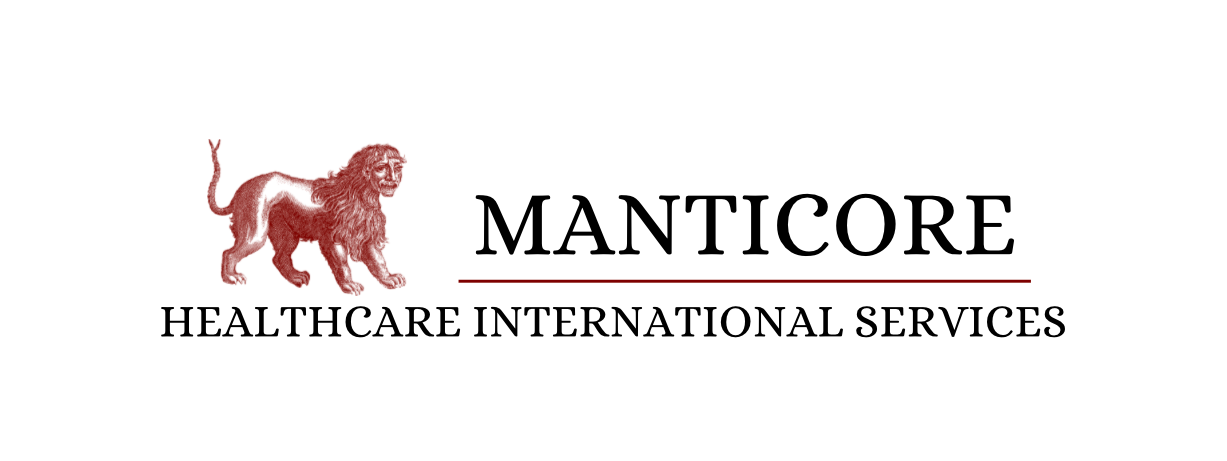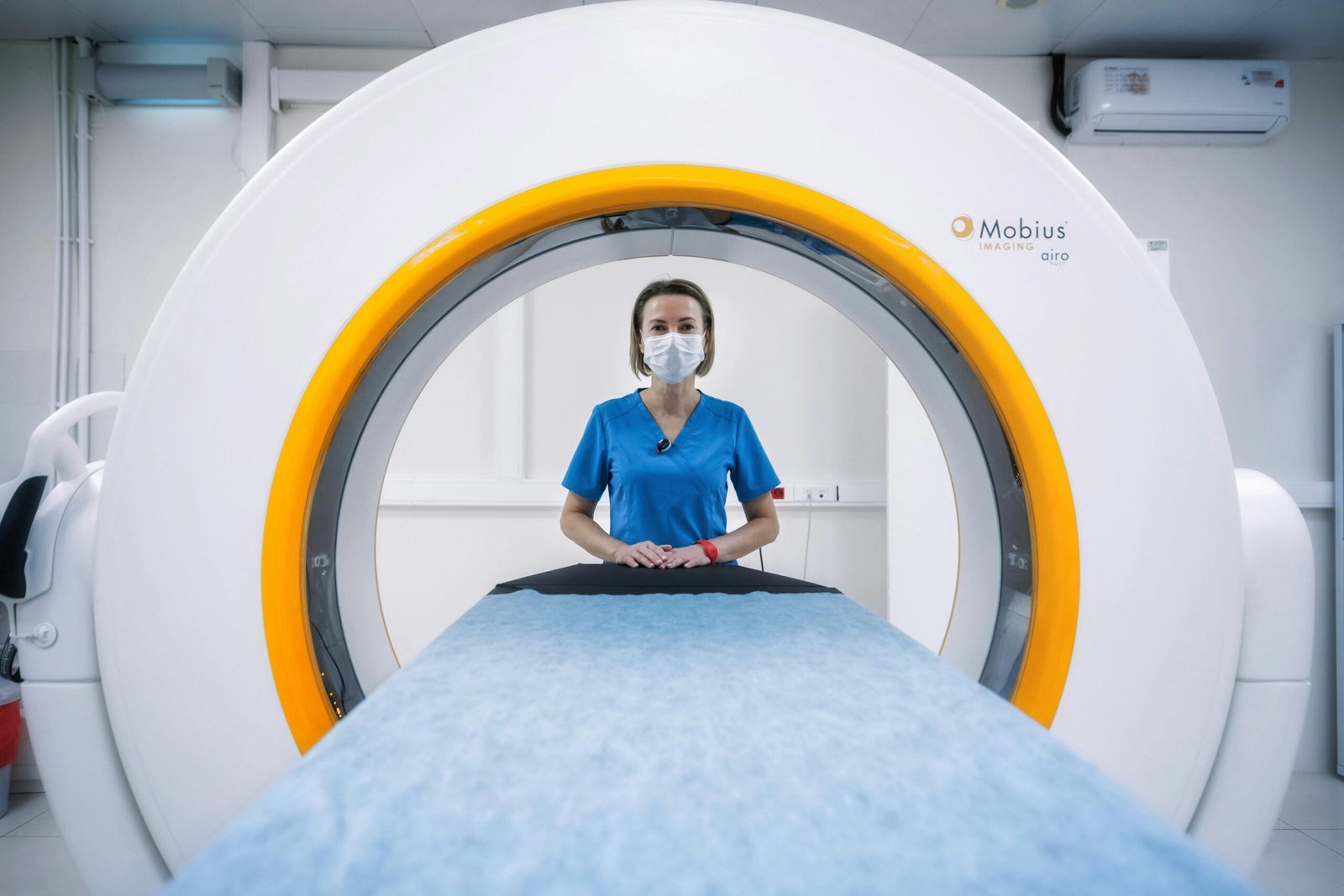In today’s fast-evolving healthcare landscape, technology has become an essential tool in delivering high-quality care and improving patient outcomes. Hospitals around the world are adopting cutting-edge solutions like artificial intelligence (AI), Internet of Things (IoT) devices, and electronic health records (EHR) to streamline operations and enhance the patient experience. In this guide, we explore how these technologies can be leveraged to optimize care, increase efficiency, and position hospitals for long-term success.
1. Artificial Intelligence (AI): Enhancing Diagnostics and Personalizing Care
Artificial Intelligence is revolutionizing healthcare by providing new ways to analyze complex medical data and support clinical decision-making. In hospitals, AI can assist in everything from diagnostics to personalized treatment plans.
- AI-Powered Diagnostics: AI algorithms can analyze medical images, lab results, and genetic data with incredible speed and accuracy. In fields like radiology and pathology, AI systems can help detect conditions like cancer or heart disease earlier than human analysis alone, allowing for timely intervention and improved patient outcomes. For example, AI-based tools can identify patterns in imaging data that may be missed by the human eye, offering an additional layer of diagnostic confidence.
- Personalized Treatment Plans: AI can also help hospitals deliver more personalized care by analyzing patient histories, genetic profiles, and real-time health data to recommend the most effective treatments. This tailored approach not only improves outcomes but also reduces the risk of unnecessary treatments or adverse reactions.
- Predictive Analytics: AI models can predict patient deterioration or the likelihood of readmission based on data such as vital signs, demographics, and medical history. By identifying at-risk patients before their condition worsens, hospitals can intervene early, improving outcomes and reducing costly readmissions.
2. Internet of Things (IoT): Real-Time Monitoring and Enhanced Patient Safety
The Internet of Things (IoT) is transforming hospitals into interconnected environments where devices continuously collect and share data to monitor patient health and improve safety.
- Remote Monitoring and Wearable Devices: IoT-enabled devices, such as wearable monitors, allow hospitals to track patients’ vital signs, glucose levels, or heart rhythms in real-time, whether they are in the hospital or at home. This real-time monitoring ensures that healthcare providers can quickly respond to any changes in a patient’s condition, reducing the likelihood of emergency situations or hospital readmissions.
- Smart Hospital Rooms: IoT devices can also be embedded into hospital infrastructure to enhance patient safety and comfort. For example, “smart” hospital beds can automatically adjust to prevent pressure ulcers, while sensors in patient rooms can track movement and alert staff if a fall is detected. These innovations not only enhance patient care but also reduce the burden on staff.
- Medication Management: IoT technology is being integrated into medication management systems to ensure that patients receive the correct dosages at the right times. Smart pill dispensers and connected infusion pumps can automatically administer drugs, reducing human error and improving adherence to treatment protocols.
3. Electronic Health Records (EHR): Seamless Communication and Data Integration
Electronic health records (EHRs) have become the backbone of modern hospital operations, centralizing patient data and facilitating communication across healthcare teams.
- Comprehensive Patient Data: EHRs give healthcare providers instant access to a patient’s entire medical history, including lab results, imaging, and previous treatments. This comprehensive view allows for more informed decision-making and reduces the risk of duplicate tests or miscommunication between departments.
- Improved Care Coordination: Hospitals that integrate EHR systems can ensure that all healthcare providers—from primary care doctors to specialists—are on the same page when it comes to patient care. This enhanced communication leads to more coordinated and efficient care, improving outcomes and patient satisfaction. For example, EHR systems can alert providers to drug interactions or allergies, reducing potential medical errors.
- Patient Portals and Engagement: EHR systems often include patient portals, giving patients access to their own health data. By enabling patients to view their test results, schedule appointments, and communicate with providers directly, hospitals can foster patient engagement and encourage individuals to take a more active role in their care.
4. Streamlining Hospital Operations with Automation
Beyond direct patient care, technology plays a vital role in improving hospital operations. Automation tools powered by AI and IoT can streamline administrative tasks, allowing hospital staff to focus on patient care rather than paperwork.
- Automated Scheduling and Workflow Management: AI-driven scheduling tools can predict patient volumes, optimize staffing levels, and reduce bottlenecks in emergency departments or outpatient clinics. Automated systems can also manage appointment bookings, room assignments, and discharge processes, ensuring smooth transitions and minimizing wait times for patients.
- Supply Chain and Inventory Management: Hospitals can leverage IoT and AI to automate supply chain management, ensuring that essential medical supplies are always in stock. Real-time tracking of inventory levels, combined with predictive analytics, can help hospitals avoid shortages of critical items while reducing waste from over-ordering.
- Enhanced Patient Discharge Process: AI tools can optimize the patient discharge process by predicting when patients are ready to leave based on real-time data. This reduces delays, opens up beds for new patients, and improves overall patient flow through the hospital.
As hospitals face increasing pressure to improve patient outcomes while managing costs, leveraging technology will be key to achieving success. AI, IoT devices, EHR systems, and telemedicine offer powerful tools to enhance patient care, streamline operations, and improve hospital efficiency. By adopting these technologies, hospitals can stay at the forefront of healthcare innovation and deliver the highest standard of care to their patients.
Incorporating these technological advancements not only improves clinical outcomes but also boosts operational efficiency and patient satisfaction, ensuring that hospitals are better equipped to meet the challenges of the future.


